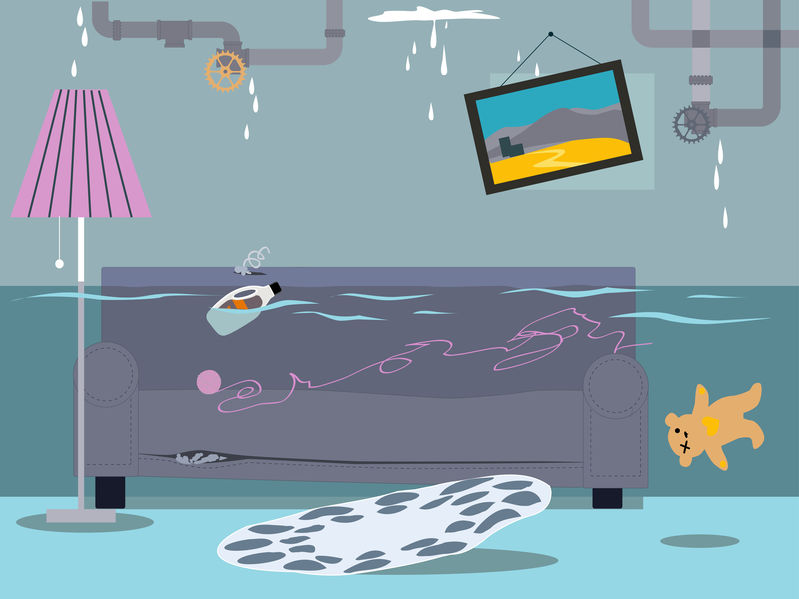 On July 29, 2020, Governor Kemp signed House Bill 1070, which adds a subsection (c) to the insurance coverage provision in the Georgia Condominium Act, O.C.G.A. § 44-3-107. The new language reads as follows:
On July 29, 2020, Governor Kemp signed House Bill 1070, which adds a subsection (c) to the insurance coverage provision in the Georgia Condominium Act, O.C.G.A. § 44-3-107. The new language reads as follows:
(c) In the event of a potential or submitted claim related to water damage or water peril on any insurance policy obtained by:
(1) An association, and upon written request by a unit owner to the association, the association or its designated agent shall, within five business days from receipt of such request, provide to such owner a copy of the association’s certificate of insurance for all such insurance obtained by the association that may apply to such potential claim or submitted claim. Such request shall state an address to which such information shall be directed and shall specify whether such information shall be available for pickup, mailed, or sent by electronic communication along with the specific address for mailing or electronic communication. When such claim related to water damage or water peril has been submitted, and upon written request by a unit owner to the association, the association or its designated agent shall, within five business days from the receipt of such request, provide the name, address, and telephone number of the insurance adjuster, if one has been identified to the association; or
(2) A unit owner, and upon written request by an association or its designated agent to a unit owner, the unit owner shall, within five business days from receipt of such request, provide to the association a copy of the unit owner’s certificate of insurance for all such insurance obtained by the unit owner that may apply to the potential claim or actual claim. Such request shall state an address to which such information shall be directed and shall specify whether such information shall be available for pickup, mailed, or sent by electronic communication along with the specific address for mailing or electronic communication. When such claim related to water damage or water peril has been submitted, and upon written request by the association to a unit owner, the unit owner or its designated agent shall, within five business days from the receipt of such request, provide the name, address, and telephone number of the insurance adjuster, if one has been identified to the unit owner.
Nothing contained in this subsection shall require an association to obtain insurance coverage related to water damage or water perils.
The foregoing addition to O.C.G.A. § 44-3-107 does two things: (1) it requires condominium associations and unit owners to disclose to each other when water damage or water peril insurance is carried; and (2) it confirms that condominium associations are not required to obtain insurance related to water damage or water perils.
Although the new law creates formal disclosure requirements for insurance coverage related to water damage or water perils, unit owners have always had an argument to file a claim on their association’s master water policy, presuming the association had one in place at the time of loss. This is because many condominium declarations authorize the association to obtain additional insurance coverage (i.e. on top of the minimum insurance coverage required under the Georgia Condominium Act) for the benefit of the condominium and/or the unit owners.
Unfortunately, as many boards and property managers know, water loss events are fairly common at condominiums, so the most frequently purchased “additional coverage” ends up being insurance related to water damage or water perils. This is despite the fact the insurance coverage related to water damage or water perils has never been required under the Georgia Condominium Act.
The changes to O.C.G.A. § 44-3-107 go into effect on January 1, 2021, and the key will be to continue working with unit owners and insurance adjusters on potential claims. Both associations and unit owners need to be prepared to follow the new disclosure requirements, but each side should already be working together if there is a water-related incident. If you have any questions about the new law and/or your condominium’s insurance coverage, please contact your association’s attorney.
